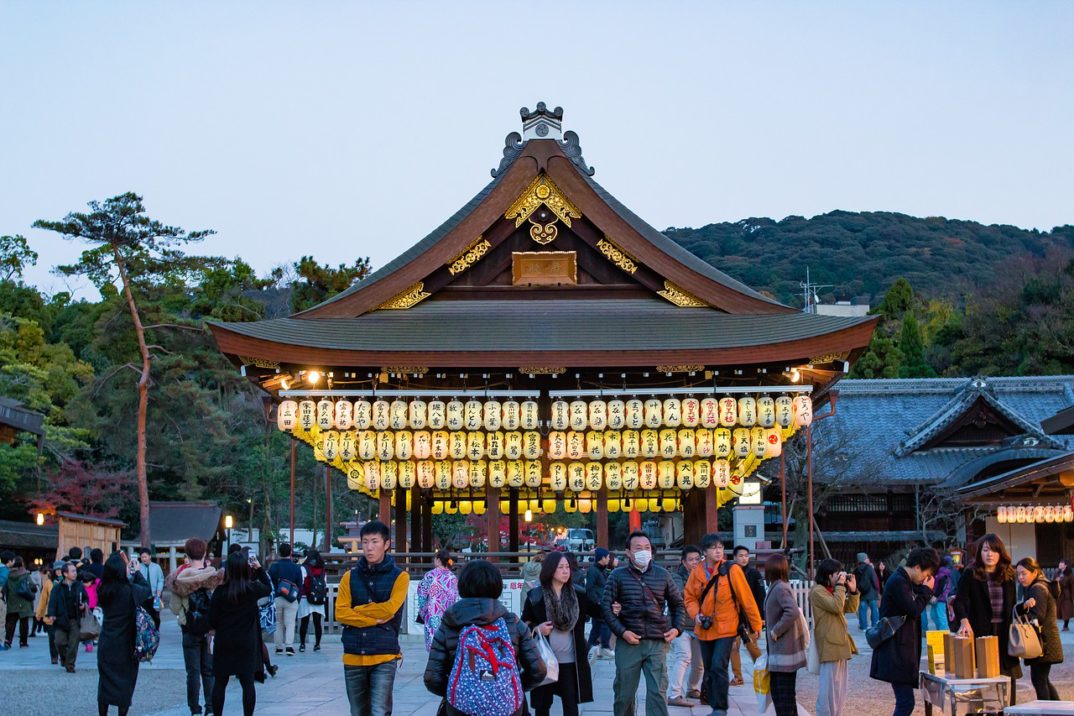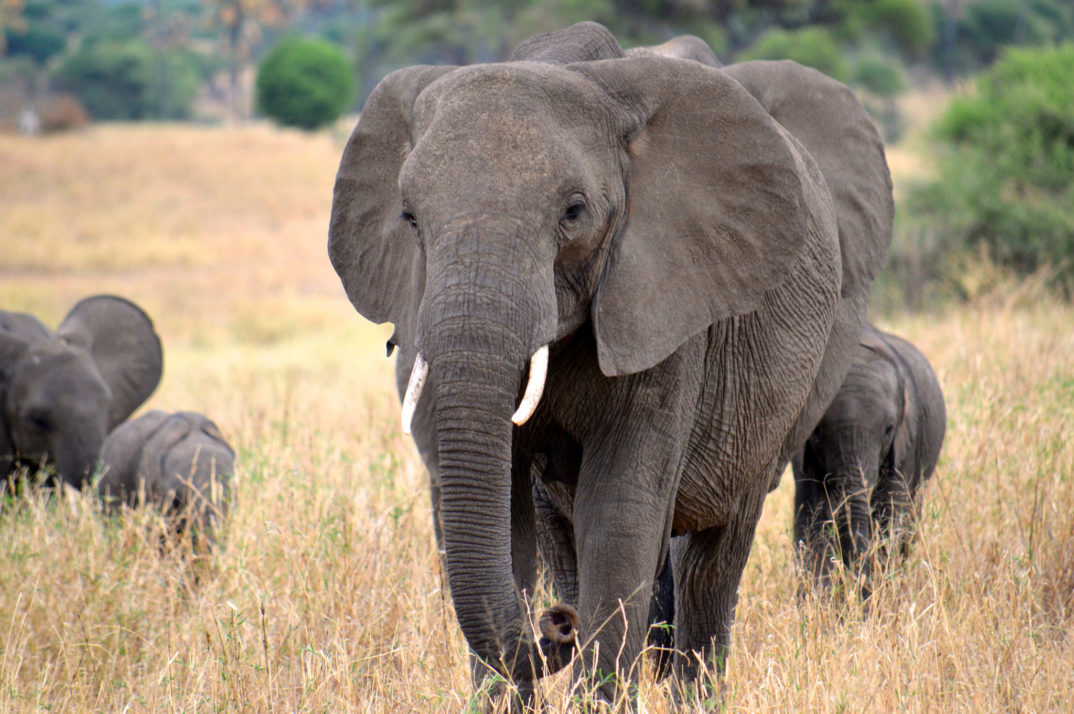The New Yorker recently published a fascinating article about the “rent a family” phenomenon in Japan. Elif Batuman reports that businesses with names like “Family Romance” sell the services of actors who play various roles. One man missed his dead wife and estranged daughter, so he hired actors to come to his house and take their place at the dinner table. The relationship continued for some time until he was ready to get back in touch with his real daughter.
Ethnic Identity in America: Remembering the Ni’ihau Incident
The Island of Ni’ihau is a recluse. Only the island’s inhabitants, along with a few fortunate individuals from outside Ni’ihau, are allowed to leave and return as they please. This 70-square-mile plot of land near the center of the Pacific Ocean is Hawaii’s westernmost island, and it lacks roads, Internet, and even indoor plumbing. Ni’ihau hosts approximately 130 permanent residents, all of whom live in isolation and without modern conveniences in an effort to preserve the native culture of Hawaii. The island was sold by King Kamehameha V in 1864 to the Scottish plantation-owner Elizabeth Sinclair, who promised to keep Hawaiians “as strong in Hawaii as they are now.” Despite the residents’ conversion to Christianity, a few modern technologies being introduced, and some of the younger islanders learning English, the local culture along with the native Hawaiian language have successfully persisted.
All this was jeopardized, however, in the days following the Japanese attack on Pearl Harbor in 1941.
Continue reading “Ethnic Identity in America: Remembering the Ni’ihau Incident”
Overworking the Western World
There’s no question that technology has caused Americans and others around the world to work more. It’s not uncommon for a typical white-collar job in the United States to come with a company phone, company iPad and company computer. All these devices contribute to increased work and work-related stress. Carol Olsby, a member of the Society for Human Resource Management’s expertise panel, states, “Technology allows us to work anywhere, anytime.” This culture of overworking is prominent in the United States and worldwide, and has detrimental effects for mental health.
Multiracial Representation in Japan
In March 2015, a daughter of Japanese mother and African-American father, Ariana Miyamoto, was crowned Miss Universe Japan. In September 2016, a daughter of Japanese mother and Indian father, Priyanka Yoshikawa, was crowned Miss World Japan. Both are the first biracial representatives of Japan on the stage of international competitions. While it is a celebratory news, some controversy has arisen amongst the Japanese about sending “non-Japanese” people into the world to represent Japan.
The Ivory Trade: Ban or Regulate?
The United Nations’ Convention on International Trade and Endangered Species (CITES) will begin on September 24th in Johannesburg, South Africa. The hot topic at the convention will be lifting the ban on the ivory trade that was imposed in 1989. Botswana has been the most recent country to speak out against the ban and to side with fellow African countries, such as Kenya and Tanzania. Botswana carries heavy influence in the decision because it is home to the world’s largest population of elephants. Along with South Africa, Namibia and Zimbabwe are some of the larger players in the African ring to support lifting the ban. They are in favor of the economic benefits that come with sales of this natural resource. They will offer a proposal at the conference to lift the ban on the sale of legal ivory. China and Japan also play a large role because of the sheer amount of ivory that finds its way into their borders.





